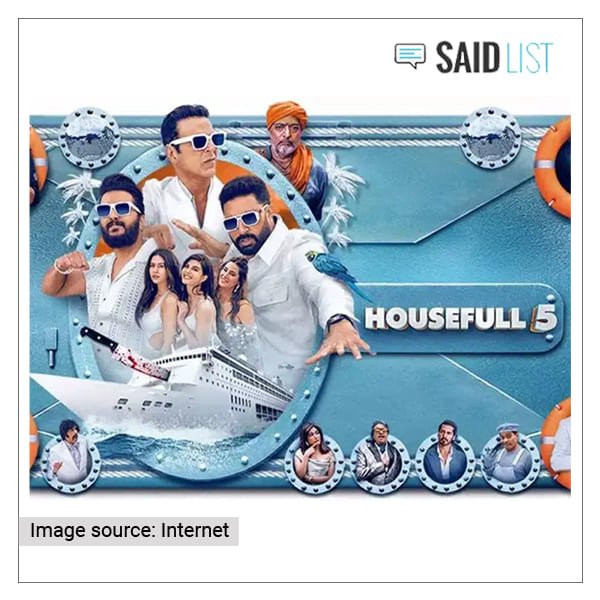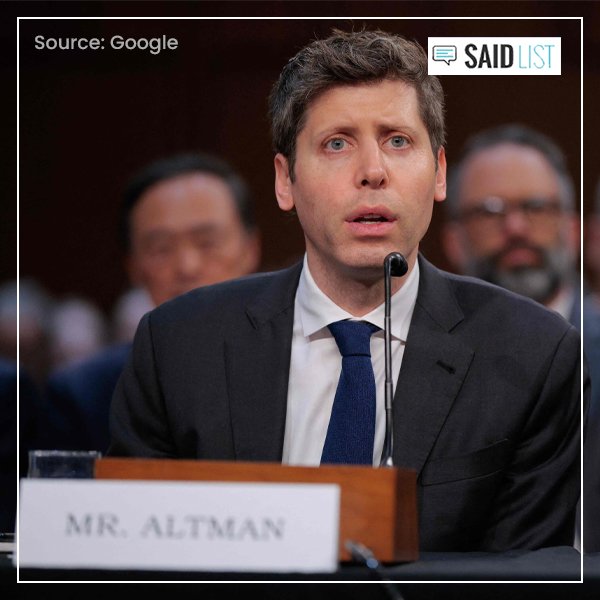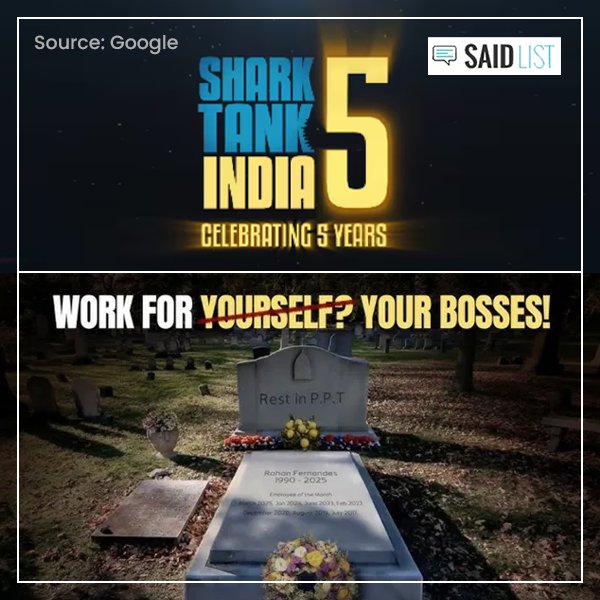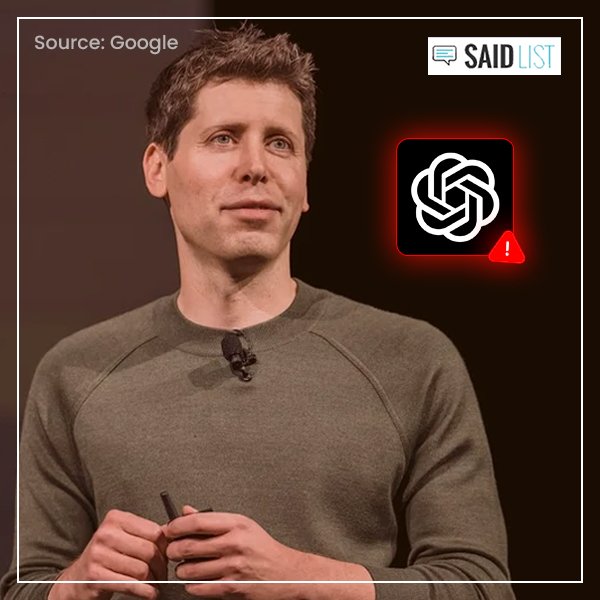Indian business tycoon Vijay Mallya, once hailed as the flamboyant “King of Good Times,” is back in the headlines. But unlike previous occasions dominated by allegations and court proceedings, this time, he’s getting a surprising shoutout—from none other than Indian billionaire Harsh Goenka.
In a time when social media can make or break reputations in seconds, a high-profile public endorsement of Mallya has sparked massive debate across platforms. With a record and charged response, Vijay Mallya has expressed gratitude to Goenka, reopening discussion on justice, discriminatory examination, and the gray spaces between fiscal default and criminal intent.
Let’s get deep into what occurred, what it entails, and why it is trending so far and wide.
The Viral Moment: Harsh Goenka’s Public Support
In a now-viral X (formerly Twitter) post, industrialist Harsh Goenka questioned the persistent public and political targeting of Vijay Mallya. Here’s what Goenka wrote:
“Vijay Mallya lived the high life, yes. Defaulted, yes. Unlike most others, his ₹9,000+ crore dues are now reportedly settled. Meanwhile, bigger defaulters walk free with much fatter haircuts from banks. If dues remain, the banks should clearly say so. If not, why is he still a political punching bag? Justice must be fair, not selective.”
This post immediately triggered an avalanche of responses—some in agreement, others questioning the timing and intent behind the statement.
Vijay Mallya Responds: “Why the Blatant Discrimination?”
Vijay Mallya, who rarely makes public statements these days, didn’t miss the opportunity to respond. Reacting to Goenka’s post, he said:
“Thank you Harsh. The Union Finance Ministry has confirmed in writing that Banks have recovered ₹14,100 crores from me against a DRT judgement debt of ₹6,203 crores. Why the blatant discrimination?”
This is a bold claim—and one that throws a new spotlight on the actual recovery numbers versus the legal and public narrative. The fact that Mallya claims he overpaid the debt by more than double the DRT judgment has stirred intense debate across financial, legal, and social platforms.
A Recap: The Vijay Mallya Case So Far
To understand the present, we must revisit the past.
- Vijay Mallya was once a celebrated entrepreneur—owner of Kingfisher Airlines, the Royal Challengers Bangalore (RCB) IPL team, and a prominent figure in India’s liquor business.
- In 2016, after defaulting on loans worth over ₹9,000 crore, he left India for the UK. He has since faced multiple charges including bank fraud, money laundering, and wilful default.
- The Indian government, CBI, and ED have pursued his extradition, and courts have been hearing the case in the UK.
Despite being labeled a “fugitive economic offender ,” Mallya insists that he has not only paid the dues but that his assets have been seized and auctioned—resulting in a recovery of ₹14,100 crore.
Social Media Reacts: Polarised, Passionate, and Pointed
The online reaction was instant and intense.
- Supporters of Goenka’s post hailed him for having the courage to speak out.
- One user wrote: “I agree. If the dues are cleared, why the constant villainization?”
- Another commented: “Vijay Mallya isn’t the only defaulter. Let’s be fair.”
But not everyone is convinced.
- A critical post read: “Repaying dues doesn’t erase Mallya’s crimes— ₹900Cr IDBI loan fraud, money laundering, and fleeing justice in 2016. He must face court.”
- Others echoed: “Justice isn’t selective. It’s incomplete until he returns and stands trial.”
The Real Issue: Debt vs Criminal Liability
One of the most debated issues now is this:
Does settling bank dues absolve Vijay Mallya of his legal responsibilities?
The Key Points in the Debate:
- Financial Recovery: Mallya claims banks have recovered ₹14,100 crore against a ₹6,200 crore debt. This raises serious questions—was the public told the full picture?
- Fleeing the Country: Critics argue that leaving India in the middle of a legal battle is an indication of guilt.
- Criminal Cases: The CBI and ED have filed multiple charges, including misuse of funds, fraudulent transactions, and money laundering.
The current narrative focuses not just on repayment, but whether justice can be truly served without court accountability.
Why This News Is Trending Now?
Several factors have converged to make this story go viral in June 2025:
- Podcast Buzz: In a recent interview with Raj Shamani, Vijay Mallya spoke about clearing his loans, which already had the internet buzzing.
- Goenka’s Credibility: Harsh Goenka isn’t just another X user—his reputation adds weight to his words.
- Public Fatigue with Selective Outrage: Many users are voicing their frustration with double standards—why are some tycoons hounded while others walk free?
- Election Season Undertones: As the political climate heats up ahead of elections, Mallya’s name is again being used as a rallying cry. But if his dues are truly cleared, is this ethical?
The Larger Picture: Justice, Media Trials, and Selective Accountability
Whether you view Vijay Mallya as a fraudster or a scapegoat, this moment forces us to reflect on how financial crimes are prosecuted—and perceived—in India.
- Is the media trial format just?
- Should banks disclose full repayment histories in such high-profile cases?
- Are we witnessing political theatre, where justice becomes a prop for headlines?
More importantly, what about the employees, vendors, and small investors who lost everything during the Kingfisher collapse? Do monetary recoveries heal emotional and professional wounds?
Conclusion: Vijay Mallya—Villain, Victim, or Both?
The truth may not be binary. Vijay Mallya lived a life of excess, defaulted on large loans, and left the country at a time of scrutiny. But if his claims of debt repayment are accurate—and confirmed by the Finance Ministry—then the story may be more nuanced than we’ve been told.
What remains clear is this: Until justice is fully transparent, and accountability is equally applied, the public will continue to be torn between outrage and curiosity, villainization and vindication.
The Vijay Mallya debate is far from over—but this recent twist has given India a reason to re-evaluate not just a man, but a system. Is it time to stop using him as a punching bag? Or is accountability incomplete until he stands in an Indian court?
Time—and truth—will tell.











